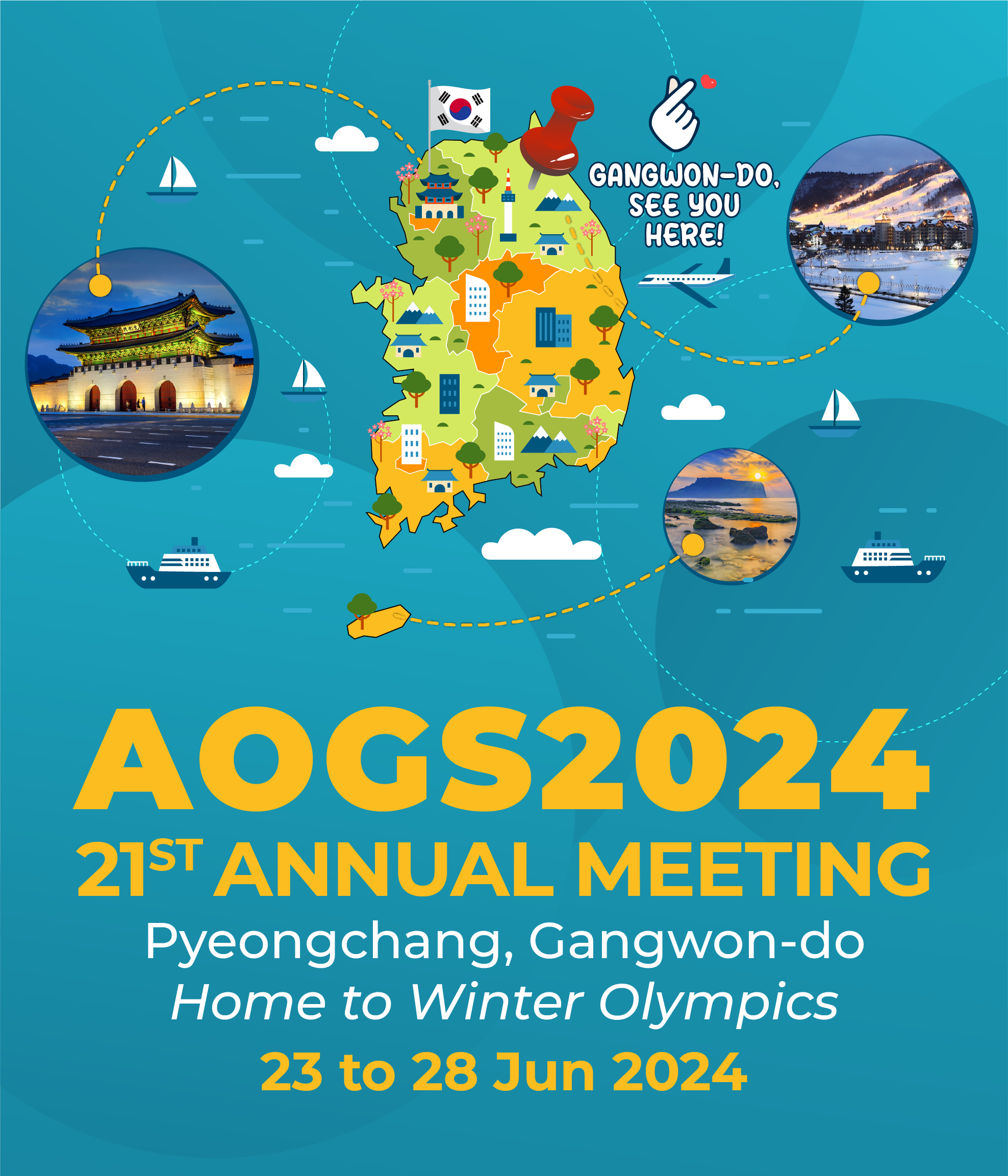
Axford Medal Lecture | 28 Jun (Fri) 4:00 PM – 5:30 PM | Level 2, Forest Hall, Alpensia Convention Center

Jian LIN
Director and Professor
Advanced Institute for Ocean Research,
Southern University of Science and Technology (SUSTech)
Prof. Jian Lin is a leading international scientist in geosciences, a member of the Academia Europaea, European Academy of Sciences, and Pakistan Academy of Sciences. He is the founding Director of Advanced Institute for Ocean Research, Southern University of Science and Technology (SUSTech), China, and leads the construction of Shenzhen Ocean University. He was a Chair of the InterRidge international program in deep ocean geo-biosciences, a Senior Scientist at the Woods Hole Oceanographic Institution (WHOI), and a faculty member of the Massachusetts Institute of Technology (MIT/WHOI) Joint Program in Oceanography, USA. He was elected a fellow of the American Geophysical Union (AGU), Geological Society of America (GSA), and American Association for the Advancement of Science (AAAS), and was awarded Henry B. Bigelow Chair for Excellence in Oceanography (WHOI) and Charles E. Culpeper Young Scientist Award. Prof. Lin’s research was recognized as the Top Ten Advances in China for Oceanology and Limnology (2023), Grand Prize of Ocean Science and Technology Award (2022), First Prize of Natural Science Award of Guangdong Province (2021), and Top Ten Advances in Ocean Science and Technology (2019). He is a recipient of the 2024 Axford Medal Award by the Asia Oceania Geosciences Society.
Prof. Jian Lin has made seminal contributions to global ocean and Earth sciences, engineering, and earthquake research. He has led pioneering research in global mid-ocean ridges, transfer faults, subduction zones, earthquake interaction, and tsunamis. He has published close to 300 papers in high-impact international journals including Nature and Science. One of his earthquake research papers was ranked by the Institute of Scientific Information as the most-cited paper in a decade. He is currently leading the UN Ocean Decade Implementing Partner (DIP), focusing on promoting ocean literacy internationally.
Critical Roles of International Geoscience Cooperation in Addressing Pressing Global Issues
The Earth system is linked through complex interaction of the atmosphere, hydrosphere, lithosphere, and biosphere. More than 70% of the Earth surface is covered by the ocean, but much of the inner space of our blue planet is still unexplored. The ocean is linked to the most pressing global issues of our time, ranging from climate changes and carbon neutralization, to bio-diversity, to geo-hazards, and to the development of blue economy. The complex Earth system interaction cannot be addressed alone by individual nations. The last two decades have witnessed tremendous growth in ocean research by scientists from the Asia Oceania region.
Up to now, perhaps the most active areas of deep ocean exploration have been the interdisciplinary research of the global mid-ocean ridge system and the subduction zone system. Encircling the globe for more than 60,000 km, the mid-ocean ridge system is the largest single volcanic feature in the solar system, playing an essential role in the renewal of the surface of our planet. Nearly 75% of Earth’s total heat flux occurs through oceanic crust, much of it at mid-ocean ridges through hydrothermal interactions between the lithosphere and oceans. The study of chemosynthetic life at deep-sea hydrothermal vents and the sub-seafloor biosphere bears direct implications on the origin of life on Earth. Another major area of active international collaborative research is the subduction zone system, where great earthquakes and tsunamis are originated. The International Ocean Discovery Program (IODP) has played a pioneering role in deep drilling of the seismogenic zones globally.
Global ocean exploration is now entering a period of unprecedented opportunity thanks to the rapid development of deep-sea vehicles, ocean and seafloor observatories, ocean drilling technologies, artificial intelligence, and a new generation of physical, chemical, biological, and geological sensors. Among today’s most advanced technologies are those developed by researchers of the Asia Oceania region, as exemplified by the Deep-sea Scientific Drilling Vessel Chikyu (Japan) and the new Drilling Vessel Mengxiang (China), as well as the development of world’s deepest manned and unmanned submersibles. Considering that the Asia and Oceania region accounts for close to 50% of world’s population and more than 30% of GDP, it is anticipated that the scientific community of the region will continue to play a leading role in the Earth system research in the coming decade. This presentation will highlight these exciting progresses and new opportunities, advocating to accelerate cooperation at the regional and international levels.
